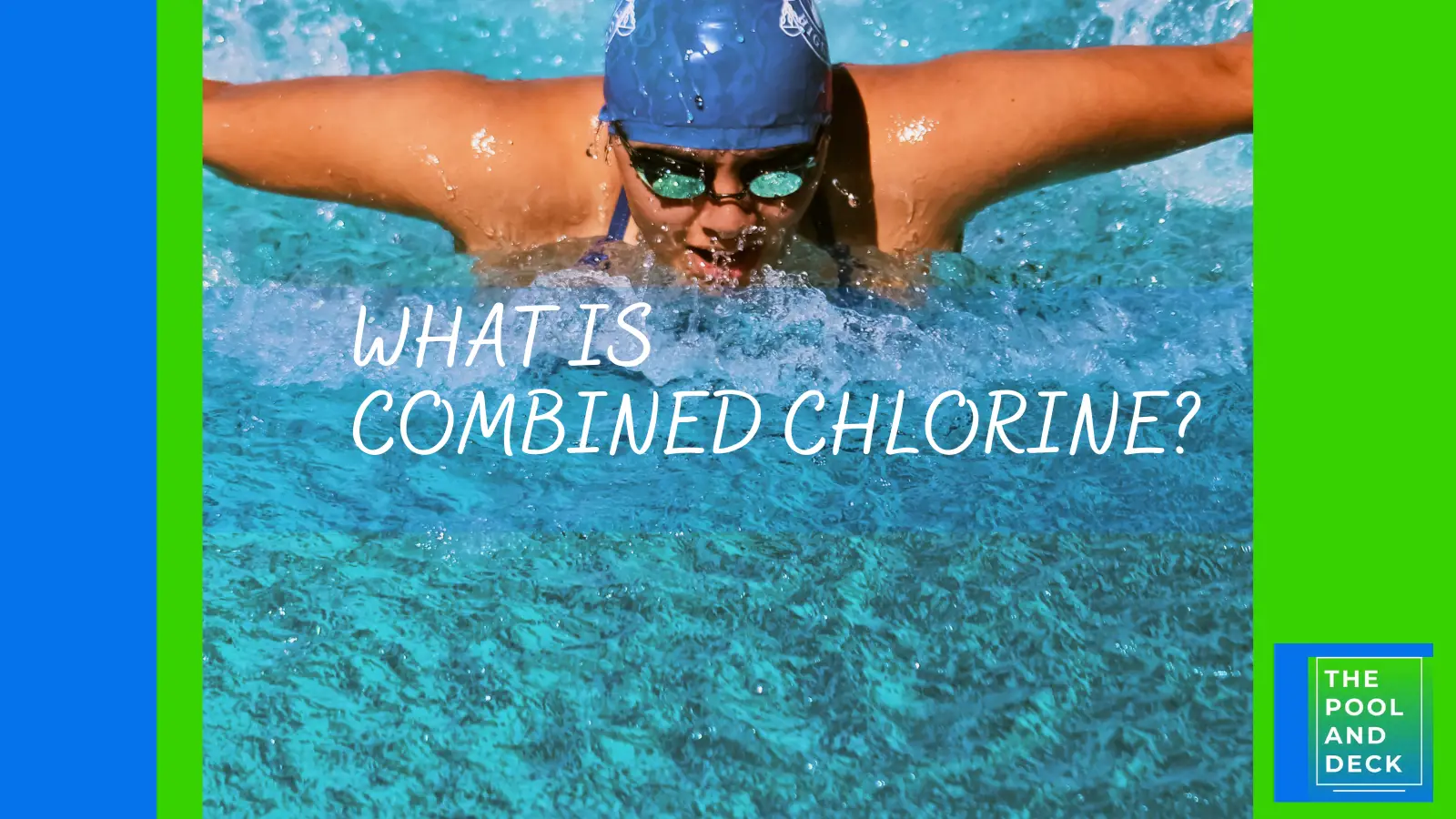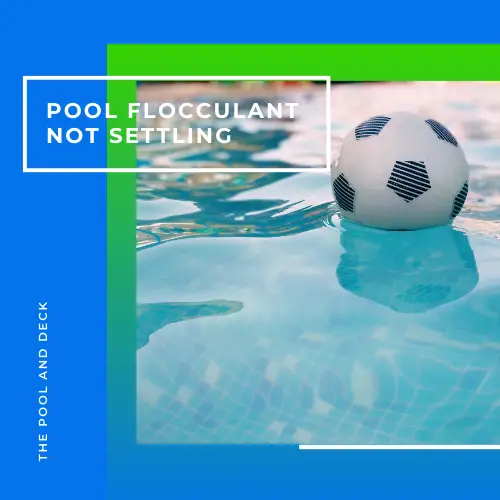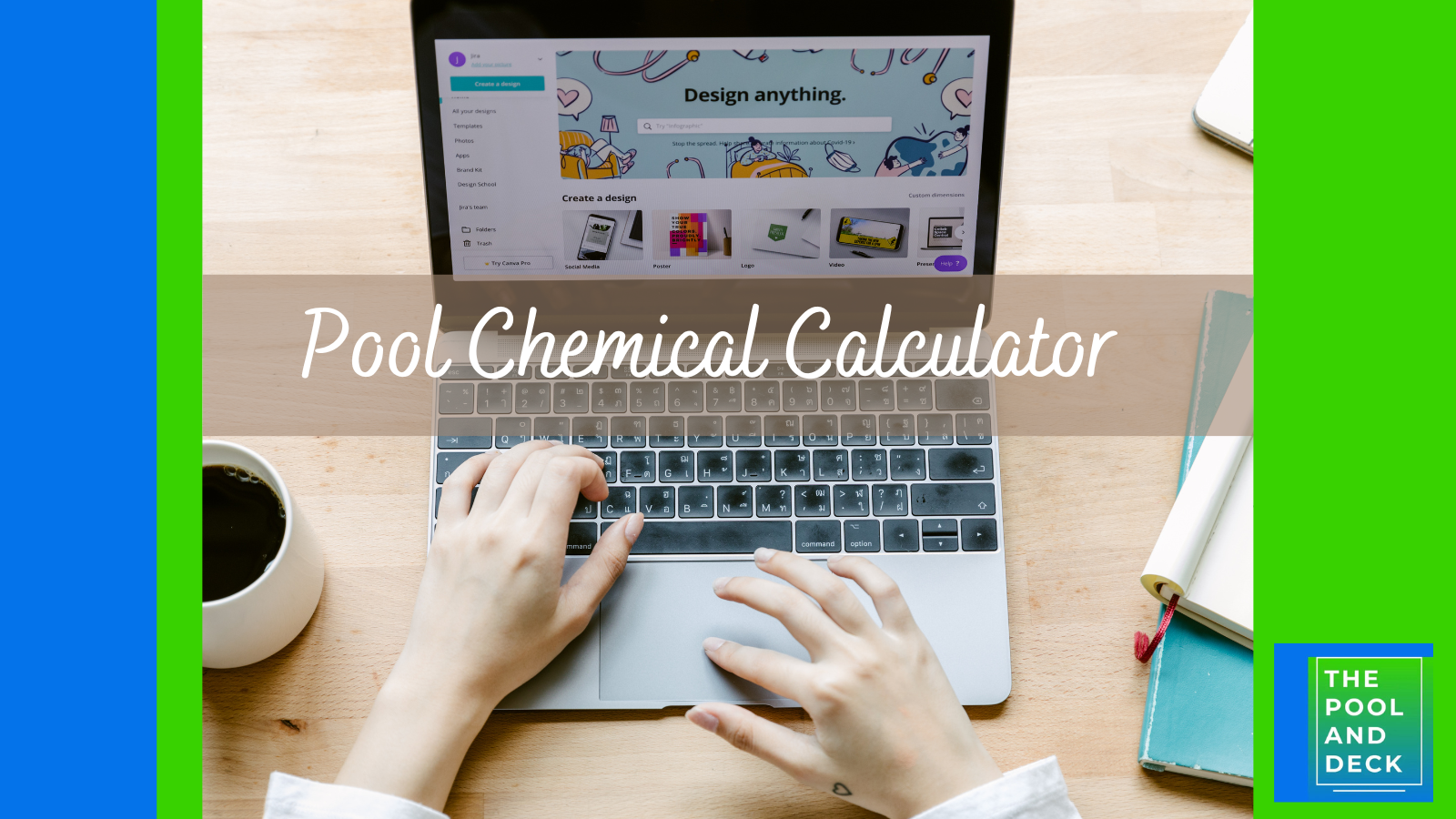Pool Filter Leaking? Check & Fix 10 Critical Trouble Spots!
Why Is My Pool Filter Leaking?
It is quite natural to get worried to find that you have a “pool filter leaking” problem. Especially, if you are a first time pool owner and have not come across a pool filter leaking problem before. The complication with a pool filter leaking is that the leak could be from any of the many possible places.
The key to fixing a pool filter leak is identifying the leak source and cause. Here I focus on the following 10 trouble spots of the pool filtration system, from which water could be leaking.
- Filter Tank Body
- Filter Tank Seal
- O-Rings
- Air Relief Valve
- Pressure Gauge
- Drain Plug
- Pump Shaft Seal
- Multiport Valve (MPV) Spider Gasket
- Pool Heater
- Pipes & Valves

As an Amazon Associate, I earn from qualifying purchases.
For the sake of explanation I will use Hayward W3S244T ProSeries Sand Filter, 24-Inch, Top-Mount for reference. While different models and brands may have slightly different configurations, on a basic level this post should be a good guide to your pool filter leakage problems.

So, let’s get right into it.
Filter Tank Body
The entire filtering system assembly is housed inside the filter tank body. The filter body is typically made of metal, plastic, fiberglass or engineered polymer composites. The filter tank body of Haywards Pro Series, for example, is made from a rugged, corrosion proof polymeric material.

In spite of the ruggedness, filter tank bodies can develop cracks that will result in your pool filter leaking. These cracks are usually caused by age, excessive pressure, or damage caused by weather or other external factors.
Quite often, though not always, the crack will be visible to the naked eye. If you suspect that a crack in the filter body is the source of the leak, you can confirm this by performing this simple test.
Turn off the pump and wipe the outer surface of the filter body dry. Turn on the pump. You should be able to identify the crack.
Most small cracks can be repaired with a plastic weld or epoxy filler. If the crack is large then you may need to replace the filter tank body.
Filter Tank Seal
The filter tank seal is a rubber gasket that creates a tight seal between the filter tank body and the filter head (aka top closure dome). The filter tank seal may also be called a filter tank gasket or filter tank O-ring.

The gasket is usually made from a flexible material such as synthetic rubber. Over time, this seal can become brittle and crack, wear out or become misaligned. The result will be water leaking from the filter body and head joint.
You will need to replace the filter tank seal to fix this problem. Be sure to clean the groove with a damp cloth to remove dirt or debris. Apply a lubricant on the groove and the new seal before putting it in pace.
O-Rings
The O-ring is a smaller rubber ring that works as a seal between the filter head and the air relief valve or the filter tank body with inlet and outlet pipes. The reason for pool filter leaking O-ring is, once again, aging and weathering.

The fix is also the same, that is replacing the O-ring. As the O-ring is smaller than a filter tank seal, the job is much easier though. Once you replace the old worn out O-ring with a new one the problem of your pool filter leaking from top or pool filter leaking at connection, will likely be resolved.
Air Relief Valve
The air relief valve sits right on top of the filter and is used to release air from the filter tank. The threads of the air relief valve can get worn out with time resulting in the pool filter leaking from top.

If the damage to the threads is minor, you may be able to fix the problem by tightening the air relief valve or wrapping Teflon tape on the threads before tightening it. More often than not, you will need to replace the air relief valve.
Pressure Gauge
The pressure gauge is generally located on the side of the filter tank and is used to monitor the pressure inside the filter tank. It can develop leaks around the base or the threads.

If the pressure gauge has become loose then the solution is simple. Use a Teflon tape on the threads and tighten the pressure gauge. If this procedure does not stop the leak, you will need to replace the pressure gauge.
Drain Plug
In case your pool filter is leaking from the bottom then the likely culprit is a loose or damaged drain plug. The drain plug is typically located at the bottom of the filter tank. It is provided to drain the water in the filter whenever you need to change pool filter sand or conduct repairs to the standpipe or laterals.

If the drain plug has become loose then the solution is simple. Use a Teflon tape on the threads and tighten the plug. If this procedure does not stop the leak, you will need to replace the drain plug.
The pool pump filter is one of the components of the complete pool filtration system. Other components, pump, multiport valve, heater and a multitude of pipes and valves are all laid around the pool filter. As a result, you may sometimes think that a leak in the other components is your pool filter leaking.
Anyway, it is best to know about the possible leaks and fixes in the other key components of the pool filtration system
Pump Shaft Seal
If you see water leaking from the bottom of your pool pump, it might not be coming from the bottom after all. The leak could be coming from a higher spot and dripping down.
One common source of the leak is the shaft seal. This seal is important because it keeps water out of the motor, but it can be a common place for leaks.
Now this fix is not for a non professional. Make sure to get a professional to replace the seal as it involves dealing with both water and electricity.
Other leaks can come from a dry O-ring or water getting into the bearings, which can make your pump louder than usual.
Multiport Valve (MPV) Spider Gasket
Leaks from the backwash hose or outlet, when the filter valve is not set to backwash, are common issues that pool owners face.
One common reason for the leak is the displaced spider gasket. The spider gasket is located in the multiport valve, which helps in proper water circulation in the pool. If the spider gasket is displaced or stuck, it can cause water to flow to ports where it is not supposed to go.
Other reasons include sand or dirt buildup around the spider gasket, a damaged spider gasket, a loose compression spring, or a twisted or damaged rotor valve.
Each problem can be fixed by replacing or repairing the damaged part or cleaning the filter. Regular maintenance and cleaning of the pool filter can prevent most of these issues.
Pool Heater
Some pools, particularly in colder climates, may have a pool heater. The pool heater, naturally, has a water inlet and a water outlet pipe. So it is not unusual for pool heaters to develop leaks.
These are usually not very serious and can be fixed by just applying Teflon tape and tightening the joints.
Pipes & Valves
The connections between the valve and the filter tank, as well as between the valve and the plumbing, can develop leaks due to wear and tear, misalignment, or other factors. To solve this problem, you will need to tighten the connections or replace the damaged parts.
Summary
To summarize there are several possible spots from which a pool filtration system could leak, but the 10 listed below will take care of most of the pool filter leak issues that you might face.
| # | Possible Spots of Leakage | Likely Cause | Fix |
| 1 | Filter Tank Body | Age, Weathering, Mechanical Impact | Minor cracks can be repaired with epoxy but major cracks require replacement |
| 2 | Filter Tank Seal | Age, UV Radiation, Wear & Tear, Misalignment | Replace Seal |
| 3 | O-Rings | Age, Wear & Tear | Replace O-Ring |
| 4 | Air Relief Valve | Age, Wear & Tear | Retighten using Teflon TapeReplace if really worn out |
| 5 | Pressure Gauge | Age, Wear & Tear | Retighten using Teflon TapeReplace if really worn out |
| 6 | Drain Plug | Age, Wear & Tear | Retighten using Teflon TapeReplace if really worn out |
| 7 | Pump Shaft Seal | Wear & Tear | Get a professional to repair or replace |
| 8 | Multiport Valve (MPV) Spider Gasket | Displaced Spider Gasket | Reset or Replace |
| 9 | Pool Heater | Age, Wear & Tear | Retighten using Teflon Tape |
| 10 | Pipes & Valves | Age, Wear & Tear, Misalignment, Damage to the Connections | Retighten using Teflon Tape |
Thank you very much for reading the post. I do hope you found it informative and helpful.






